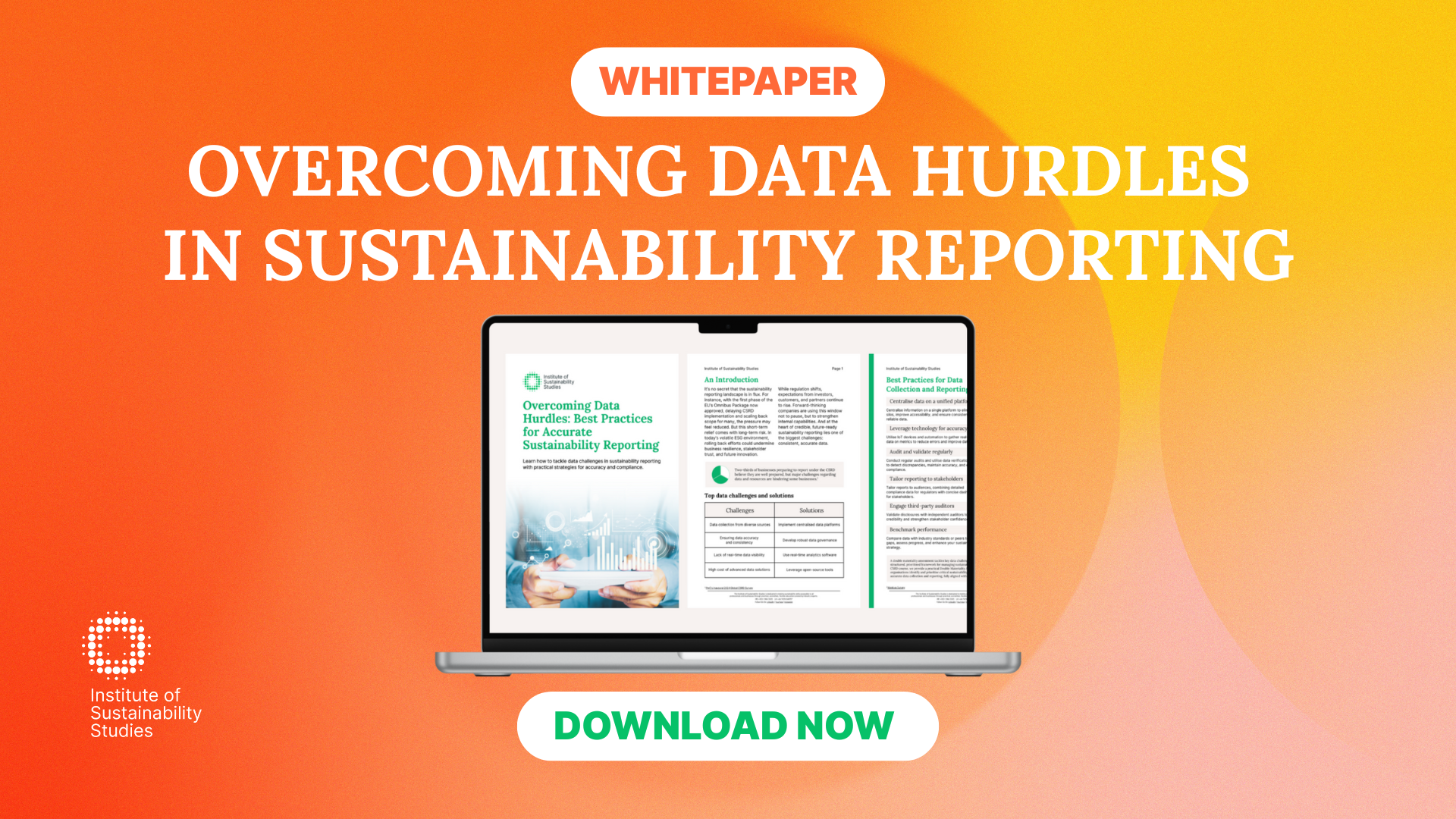Tesco has announced plans to establish two new low-carbon farms this year to promote low-carbon farming, nature restoration, and carbon capture. In collaboration with livestock processor ABP and potato supplier Branston, the supermarket giant aims to create a whole-farm approach that integrates cutting-edge sustainability practices.
The farms will serve as testing grounds for both current and emerging innovations designed to slash greenhouse gas emissions. These include alternative fuels, carbon removal technologies, advanced cold storage, and low-carbon fertilisers. Additional areas of focus will be grazing management, soil health, biodiversity monitoring, and genetic advancements.
The overarching goal of these business sustainability strategies is to provide a practical demonstration of a route to net zero for other suppliers to follow. Tesco’s sustainability team has already been collaborating with farmers to reduce their environmental impact by implementing strategies such as incentivising carbon footprint measurement and introducing innovations like low-carbon fertilisers. Now, the retailer plans to build on these efforts and go even further.
Tesco’s Greenprint for UK Farming report
The announcement of the new low-carbon farms came alongside the release of Tesco’s new report titled ‘A Greenprint for UK Farming’. It was created in collaboration with Harper Adams University’s School of Sustainable Food and Farming.
The report surveyed over 300 farmers to identify the necessary support and changes to align farming with the UK Government’s key environmental goals. Moreover, it served as an opportunity to comprehend farmers’ current experiences with sustainability.
In the report, Tesco noted that decarbonising farms and improving ecosystems is pivotal to ensuring the security of supply and protecting the prices of goods. The report highlighted that advancing technology and innovation in the UK can help boost food production and yields while safeguarding the natural world.
Challenges facing farmers
The report outlined several challenges facing farmers, including volatile weather patterns, rising input costs, extreme conditions, and broader economic pressures. However, uncertainty emerged as a major barrier to sustainability efforts, with 36 percent of farmers feeling pessimistic about the future and another 37 percent unsure.
On top of that, 67 percent of those surveyed were already witnessing the impacts of climate change on their farms. Farmers surveyed in the report highlighted the lack of a clear farming policy as a major challenge for the sector. Additionally, the majority felt the Government should do more to support UK farming in building resilience.
Furthermore, uncertainty surrounding finance and policy is significantly impacting farmers. While 72 percent of those surveyed expressed a desire to adopt more eco-friendly practices, 76 percent have been unable to implement these measures due to financial constraints, risk, and a lack of clear policy direction.
Farmers highlighted that many large investments currently carry unsustainable levels of risk. They also face difficulties in integrating new technology on farms, as most available financing is limited to emerging technologies.
Additionally, the absence of a unified framework for tracking sustainability metrics creates further challenges. To overcome these barriers, respondents emphasised the need for increased training and education to build a skilled and engaged workforce capable of driving sustainability in the sector.
Conclusion
Tesco’s commitment to low-carbon farming marks an important step towards decarbonising UK agriculture, but its success will ultimately depend on broader industry and government support. While initiatives like these demonstrate a viable path to net zero, the report reinforces that farmers face significant barriers that hinder the widespread adoption of sustainable practices.
Farmers are eager to adopt sustainable solutions, but they need the right support, including training and education, to drive real progress. Our corporate sustainability training provides the essential skills to navigate sustainability in the agricultural sector, from carbon reduction strategies to circular economy principles. Now is the time to gain the expertise needed to stay ahead, build resilience, and secure the future of farming.
Niall is a committed sustainability professional and climate practitioner holding advisory roles within Sway, Clearstream Solutions and KPMG Sustainable Futures.
Niall has helped a range of businesses with their sustainability strategic plans and implementation processes and ongoing development.
- Niall Collinshttps://instituteofsustainabilitystudies.com/insights/author/niall/
- Niall Collinshttps://instituteofsustainabilitystudies.com/insights/author/niall/
- Niall Collinshttps://instituteofsustainabilitystudies.com/insights/author/niall/
- Niall Collinshttps://instituteofsustainabilitystudies.com/insights/author/niall/









